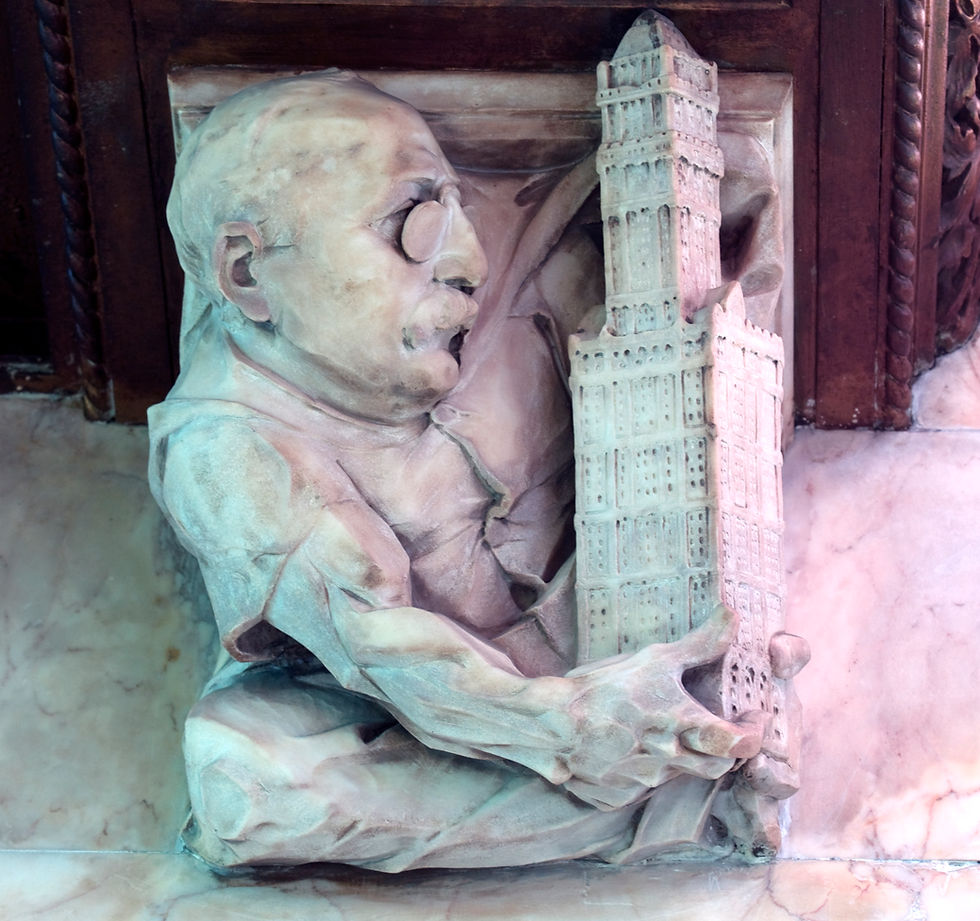Article: Democratic Elections without Campaigns?
- Dec 30, 2005
- 1 min read
Updated: Jun 22, 2021
Arash Abizadeh. "Democratic Elections without Campaigns? Normative Foundations of National Baha'i Elections." World Order 37.1 (2005): 7-49.
Abstract: National Baha’i elections, conducted world-wide without nominations, competitive campaigns, or parties, challenge the emerging consensus that the only truly democratic elections are multiparty elections in which each party’s candidates compete freely for votes. National Baha’i electoral institutions are based on three core values: respect for the inherent dignity of each person, the unity and solidarity of persons collectively, and the justice and fairness of institutions. While liberal political philosophy interprets respect for dignity exclusively in terms of equality and freedom, the Baha’i model interprets dignity to require respect for the equality, freedom, and nobility of each person. The perfectionist focus on nobility helps explain the distinct features of national Baha’i elections and, in particular, the ban on campaigning. In light of ongoing concerns about the character of the electoral process in actually existing democracies, further research into Baha’i elections and their philosophical foundations provides a promising basis for rethinking widely held liberal assumptions about how democratic elections must be conducted.
(c) 2006 Arash Abizadeh




Comments